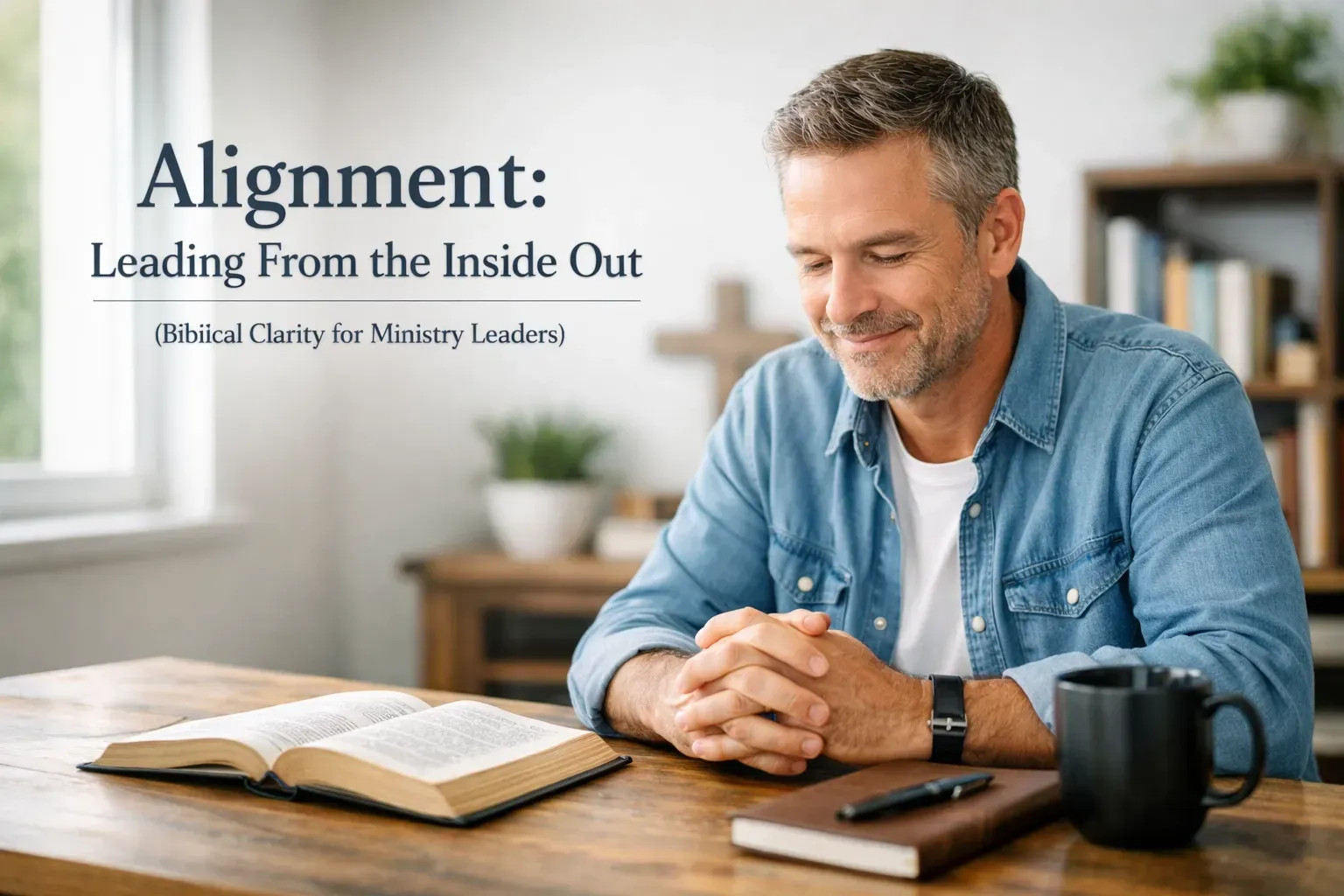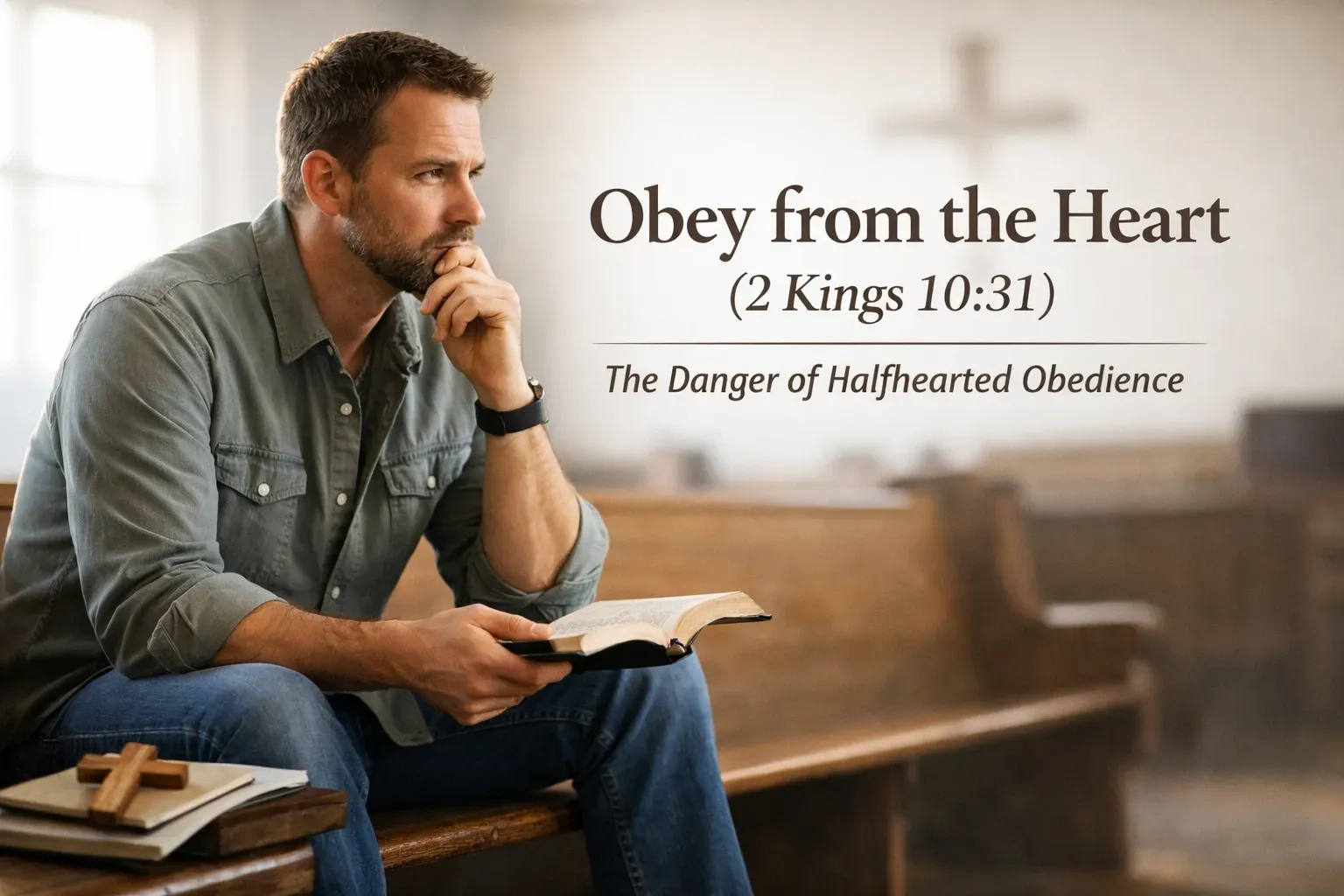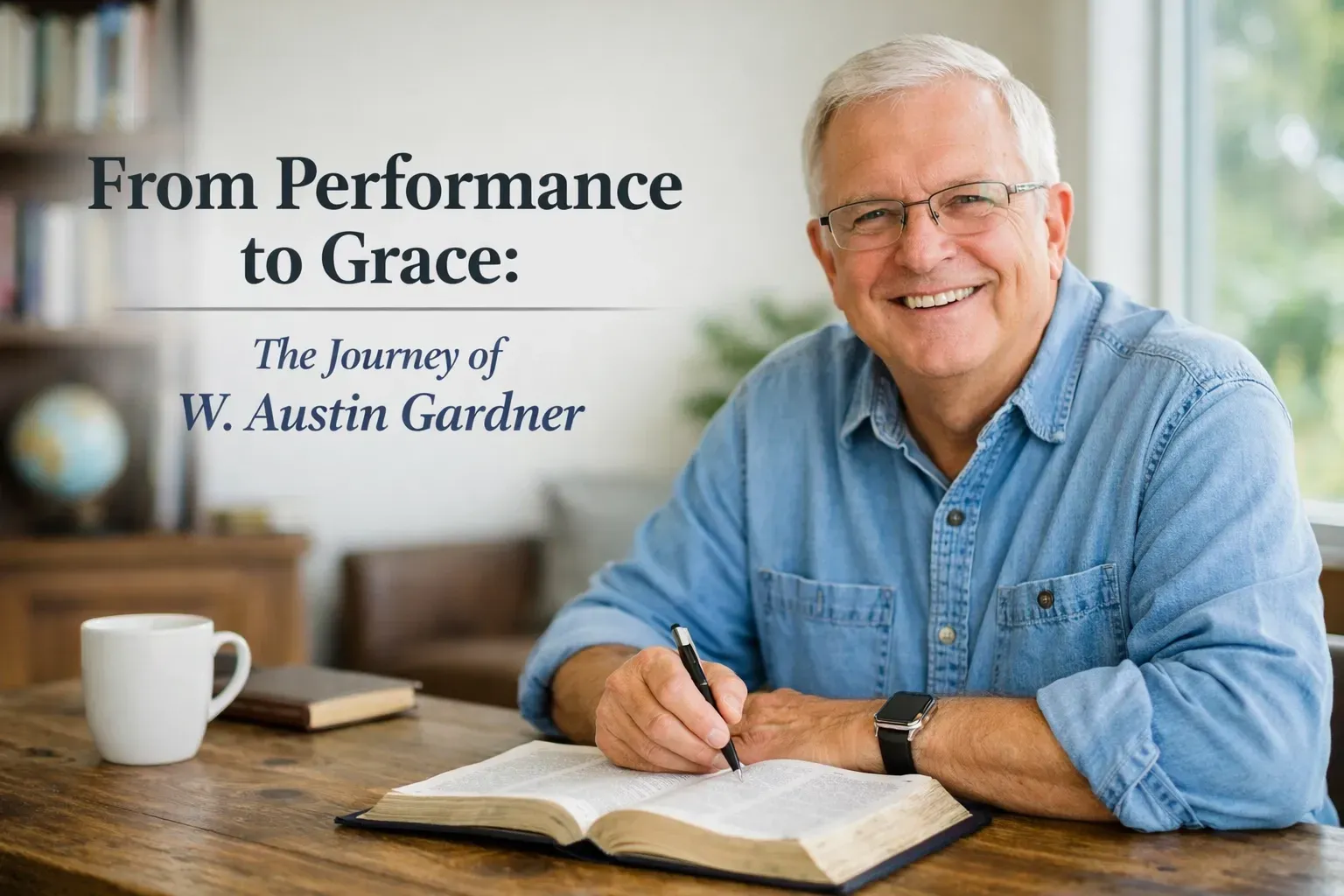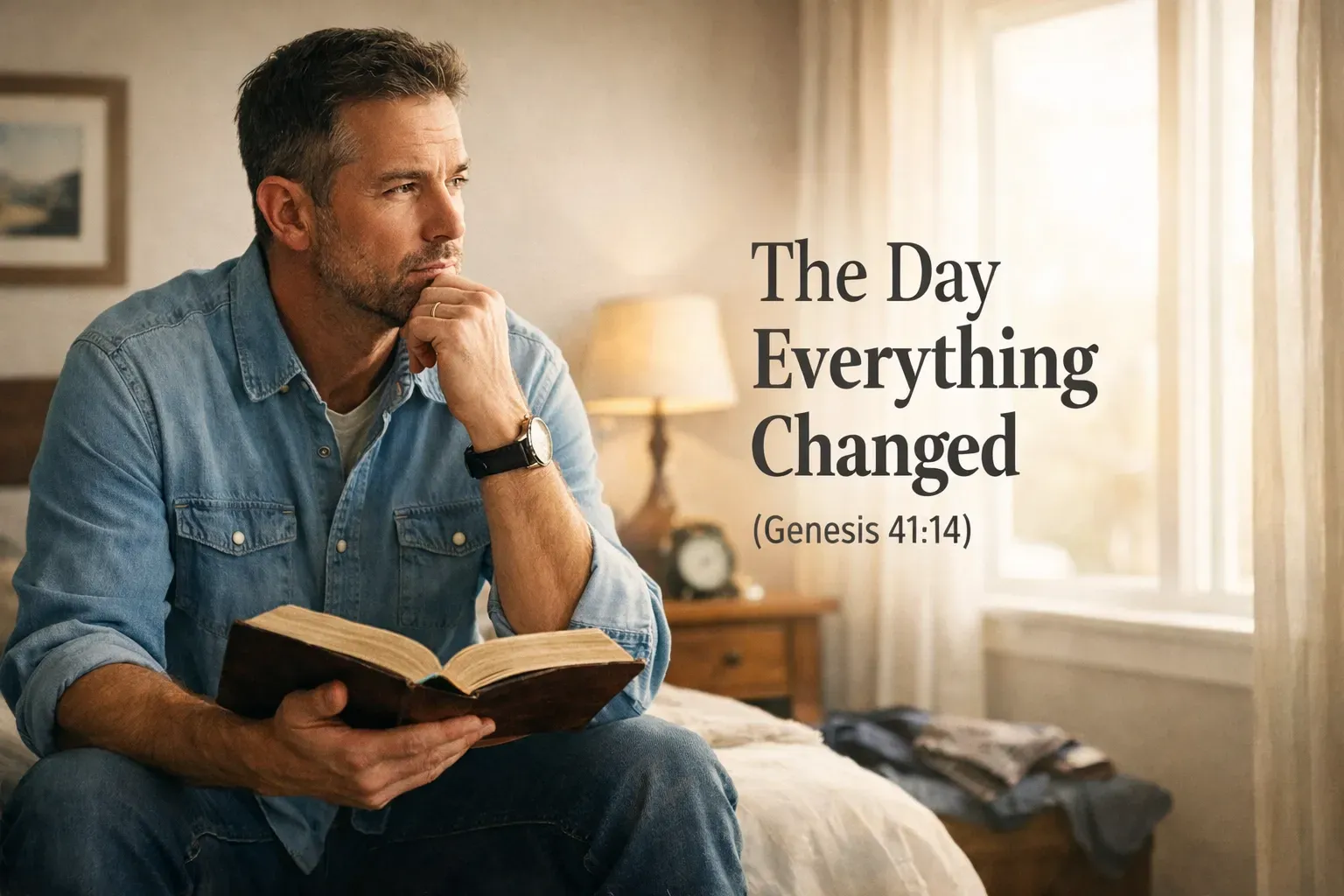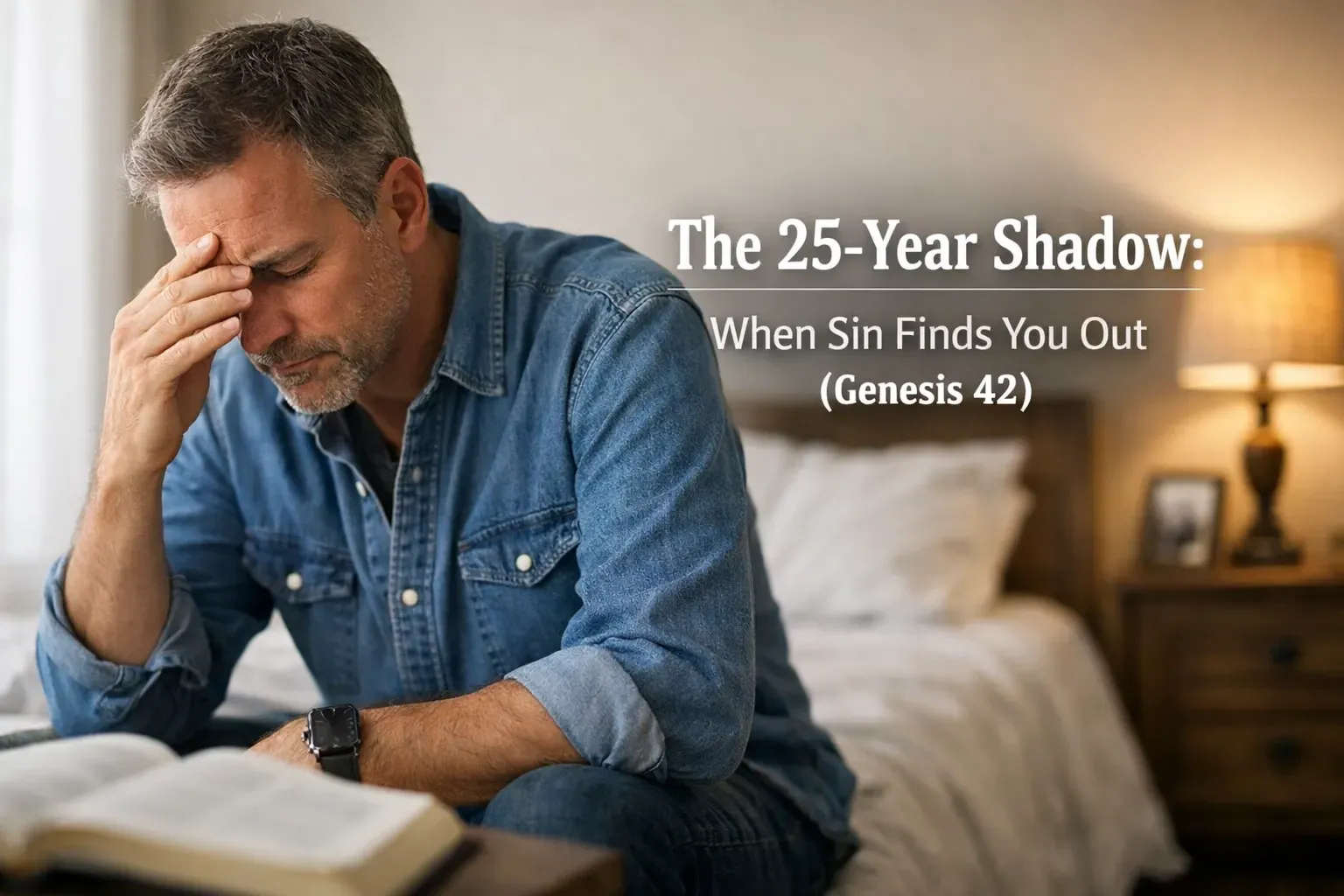Every virtue divorced from thankfulness is maimed and limps along the spiritual road
More Gleanings

I am moving these slowly from my previous blog. I believe you will enjoy all of them.
Powerless in performance
What a group of paradoxes! The law of God, instead of an inspiration to obedience, an incentive to disobedience!
Mr. Moody told how, when he went to sleep in a room, and saw a card on the wall, “Don’t turn me round till morning,” he got up, and turned it round. The prohibition prompting to disobedience!
Then, while there is a spiritual approval of the law of God, there is a carnal slavery to the law of sin. While the will consents in purpose, it is powerless in performance. There is the law of the mind, the true ego or self; and the law of the members the false ego or self; the spirit is in sympathy with life and holiness, but the flesh in sympathy with disobedience and death.
The love of good on the one hand, and the hatred of evil on the other, but the good undone and the evil done. And so there is a double service—the law of God on the one side served with the mind, and the law of sin on the other served with the flesh. Such are the paradox es in this passage; but, the vital point is, that the Apostle recognizes this conflict as abnormal, and utters a cry of despair, with a shout of anticipated victory. You have got to the cry of despair; the Lord would have you get to the shout of anticipated victory.
A. T. Pierson, A Spiritual Clinique: Four Bible Readings Given at Keswick in 1907 (New York: Gospel Publishing House, 1907), 3–4.
****************************
Made an example
She could no longer borrow from the future to help that through the present grief. To-morrow would bring its own trial with it; so would the next day, and so would the next: each its own trial, and yet the very same that was now so unutterably grievous to be borne.
The days of the far-off future would toil onward, still with the same burden for her to take up, and bear along with her, but never to fling down; for the accumulating days and added years would pile up their misery upon the heap of shame.
Throughout them all, giving up her individuality, she would become the general symbol at which the preacher and moralist might point, and in which they might vivify and embody their images of woman’s frailty and sinful passion.
Thus the young and pure would be taught to look at her, with the scarlet letter flaming on her breast—at her, the child of honourable parents—at her, the mother of a babe that would hereafter be a woman—at her, who had once been innocent—as the figure, the body, the reality of sin. And over her grave, the infamy that she must carry thither would be her only monument.
Nathaniel Hawthorne,
“The Scarlet Letter,” in Harvard Classics Shelf of Fiction 10: American Fiction, ed. William Allan Neilson (New York: P. F. Collier & Son, 1917), 67–68.
***************************
Ungrateful people
As British pastor John Henry Jowett once said, “Every virtue divorced from thankfulness is maimed and limps along the spiritual road.”
There’s really no end to what can grow from the root of ingratitude. “An ungrateful person,” Dr. D. James Kennedy pointed out regarding this passage in Romans, “is only one step away from getting his or her needs met in illegitimate ways.”
One of the unseemly side-effects of all the effort and energy our society has invested in building our individual and collective self-esteem is that our culture is now rife with this super-high level of deservedness. The more affluent we are, the higher our standard of living, it seems, the more demanding and discontented we become. Be careful where you place the bar for what you can and can’t live with or without. The height of that baseline affects just about everything.
But who could really be ready for this: “You have no idea how much you have,” the man said, “and yet you always complain.”
We’d all have to agree, wouldn’t we? At many levels, America can be rightly accused of gross ingratitude. But can the church and the Christians in America be accused of the same thing?
The grateful heart that springs forth in joy is not acquired in a moment; it is the fruit of a thousand choices. It is a godly habit and pattern that over time becomes a new muscle in our spiritual makeup. And though like every other sanctified character trait, it does nothing to make us more loved and accepted by God, gratitude does become a reliable measure for where our hearts are with Him. Look for it, listen for it–and you’ll learn a lot about how you’re growing–or deficient–in grace.
Nancy Wolgemuth and Joni Eareckson Tada, Choosing Gratitude: Your Journey to Joy (Chicago, IL: Moody Publishers, 2009).
***************************
If you have taken lightly the grace of God, if you have tip-toed through the corridors of the kingdom, picking and choosing sin or righteousness at will, thinking grace covers it all, you’ve missed it, my friend. You’ve missed it by a mile. As a matter of fact, it’s quite likely that you are harvesting the bitter blossoms, the consequences, of the seeds of sin planted in the past. Perhaps right now you are living in a compromising situation, or right on the edge of one. You are skimming along the surface, hoping it’ll never catch up. But God is not mocked. It will. Trust me on this one . . . it will.
Charles R. Swindoll, Great Lives: David (Nashville: Thomas Nelson, 1997).
***************************
Sin dealt with once and for all
Our problem is “the handwriting of ordinances.” God has a case against us. Far from being a help, Paul says that “ordinances” are a hindrance. They are not for us but against us. All of the vast machinery of sacrifices and offerings that were such an integral part of the Mosaic Law did not really cancel sin. All it did was cover sin—sweep it under the rug, so to speak (Heb. 10:1–4). Nowhere was this fact more evident than in the elaborate ritual of the Day of Atonement (Lev. 16). Following is a summary of the “ordinance” of that day of days in the Jewish religious calendar.
1. Ordinances Dealing with Personal Sin (Lev. 16:1–14)
1. The high priest selected a young bullock for a sin offering.
2. He also took a ram for a burnt offering.
3. He washed himself.
4. He put on his holy linen garments.
5. He took two kids of the goats for a sin offering for the congregation.
6. He took a ram for a burnt offering for the congregation.
7. He presented the goats.
8. He cast lots for the goats.
9. He sacrificed his bullock as a sin offering for his personal sin.
10. He took a censer of burning coals.
11. He filled his hands with incense and brought it inside the veil.
12. He took a censer and filled it with live coals off the golden altar.
13. He put the incense on the fire so that the cloud of incense might cover the mercy seat so that he not be killed.
14. He brought the blood of his bullock and sprinkled it before and on the mercy seat.
2. Ordinances Dealing with Public Sin (Lev. 16:15–26)
15. He killed the goat for the people.
16. He went in alone with the blood into the Holy of Holies.
17. He came out and sprinkled the blood on the golden altar in the Holy Place.
18. He took the live goat and laid his hands upon it.
19. He confessed over it all of the sins of the people.
20. He handed the goat over to a “fit” man.
21. The fit man led the goat away into the wilderness.
22. The high priest went back into the tabernacle.
23. He took off his holy linen garments.
24. He washed himself.
25. He put on his garments of glory.
26. He offered his ram as a burnt offering.
27. He offered the people’s ram as a burnt offering.
28. He burnt the fat of the sin offering on the altar.
29. The fit man returned from the wilderness.
30. The fit man washed his clothes.
31. The fit man bathed his flesh.
32. The fit man came into the camp.
3. Ordinances Dealing with Persisting Sin (Lev. 16:27–31)
33. An unknown man took the carcass of the bullock (the high priest’s sin offering) and the carcass of the goat (the people’s sin offering) outside the camp.
34. The unknown man burned the remains of the bullock and the goat, including their skin, flesh, and dung.
35. The unknown man washed his clothes.
36. The unknown man washed his flesh.
37. The unknown man came back into the camp.
38. The people afflicted their souls.
39. The people totally abstained from work.
40. The people were made to recognize that all of this was an unending process—a statute forever.
Such was “the handwriting of ordinances,” elaborate and detailed but most unsatisfactory because it had to be repeated year after year. It was an annual interminable raking up of the sin question. No ordinance could “once and for all” (once for all sin, once for all people, once for all time) take away sin.
John Phillips, Exploring Colossians & Philemon: An Expository Commentary, The John Phillips Commentary Series (Kregel Publications; WORDsearch Corp., 2009), Col 2:14.

